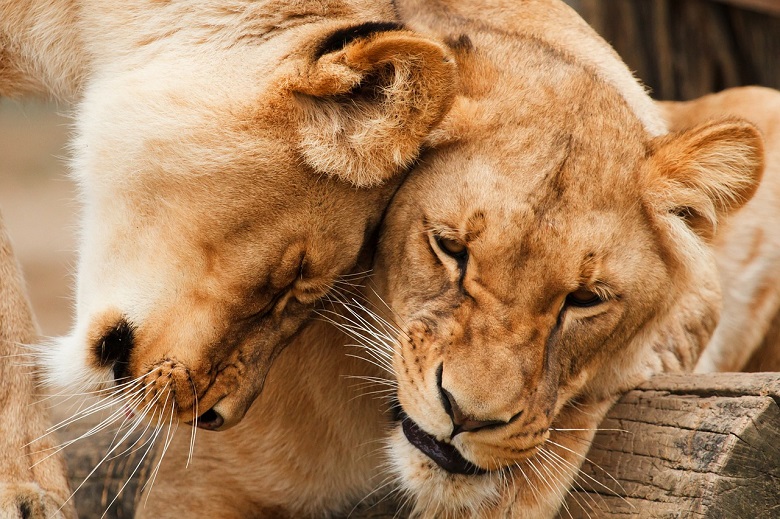The South African government wants to end lion breeding for hunting or tourists, and trade in products such as lion bones, Environment Minister Barbara Creecy said. Creecy also announced that South Africa will not lobby to relax international restrictions on products such as ivory or rhinoceros horns.
Creecy nevertheless believes that South Africa should promote itself as a destination of choice for hunters who have foreseen large African game, she said on Sunday when publishing a report on the management and conservation of elephants, lions, leopards and rhinos. It also covers breeding programs, hunting, and trade.
The recommendations show that South Africa has not yet found a clear line in policy to protect Africa’s most iconic animals. During the presentation of the report, Creecy was interrupted by someone who said that following the recommendations will lead to the extinction of a number of endangered species. “We understand that the breeders also want to have their say,” she responded.
Wild animal hunting
While South Africa has been leading the global fight against the trade in rhino horns and ivory, the country is also being criticized for its lion breeding and the lion bone trade, which is credited with healing properties in Chinese medicine.
Private rhino owners have recently been lobbying to relax the rhino horn trade ban to fund the conservation of the species.
South Africa is home to some of the world’s largest populations of endangered species, many of which are on private land. Almost all of the world’s remaining rhinos live in South Africa.
The hunting of rhinos, elephants, lions and leopards is permitted under strict conditions and has become a significant source of income for the country.
Hunting tourists mainly come from the United States. In total, the trophy hunt is worth no less than 5 billion rands annually.
